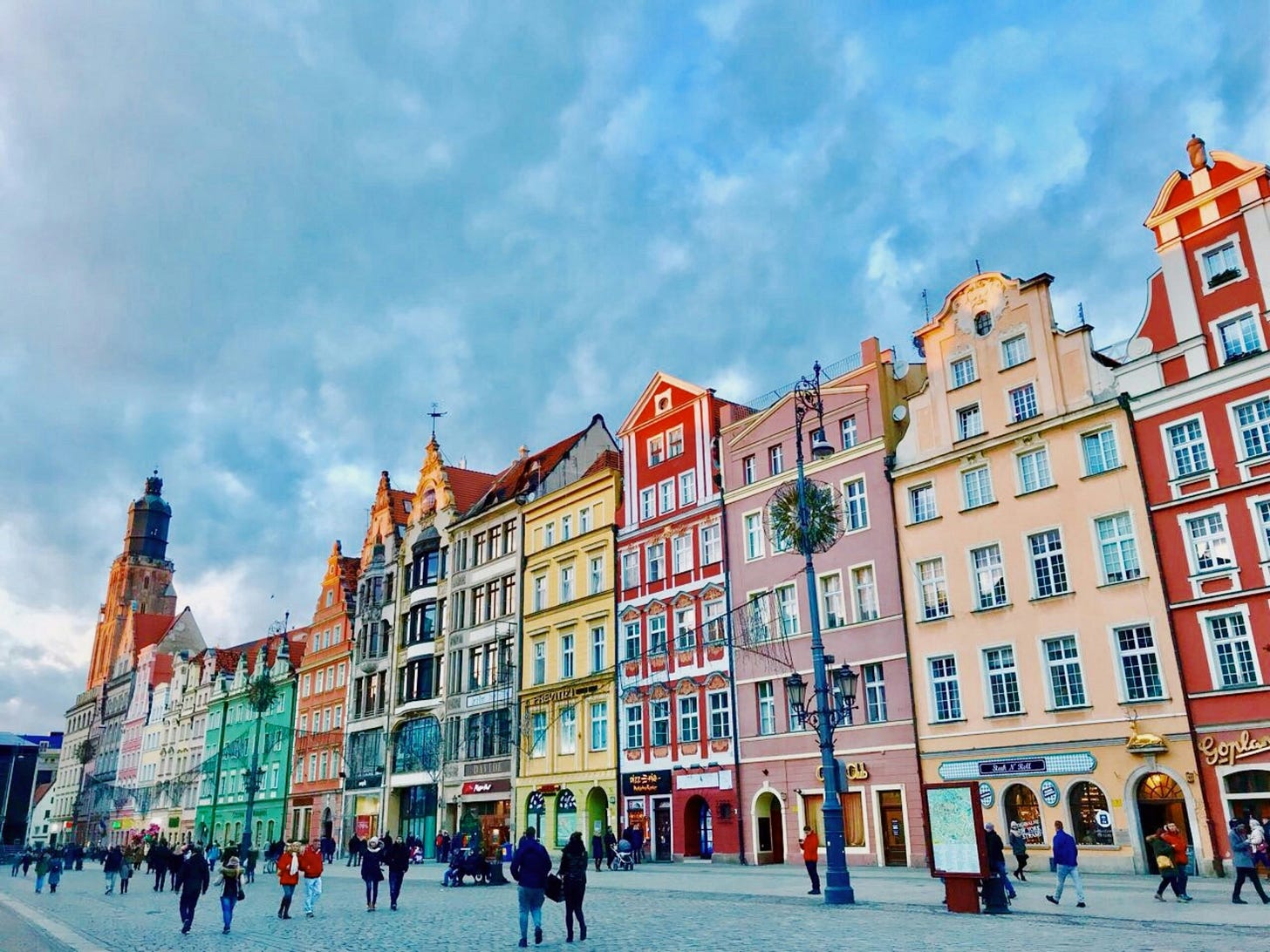Poland's Digital Nomad Visa: A New Frontier for Remote Workers
Between history and high-speed internet, Poland joins the club of countries opening their doors to digital nomads. But what does its new visa really offer?
Over the last few years, dozens of countries—from Portugal to Thailand—have launched digital nomad visas to lure remote workers in search of better weather, lower costs, and more lifestyle freedom. Now, Poland is stepping into the arena.
Known for its medieval cities, vibrant startup culture, and relatively low …




